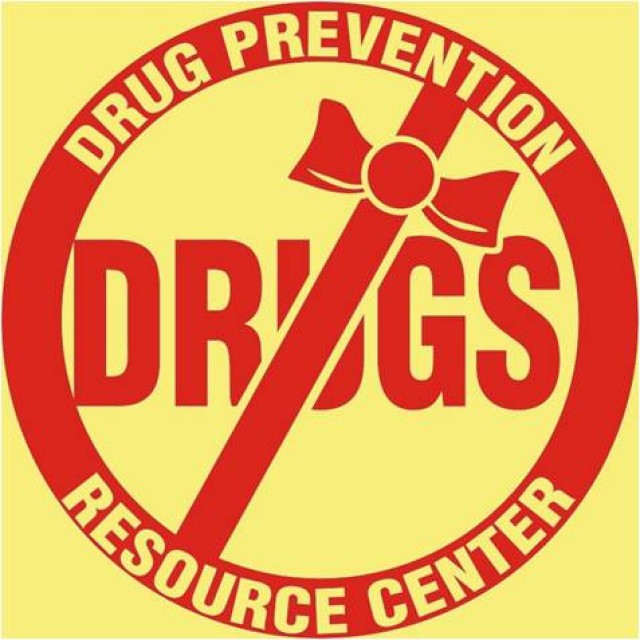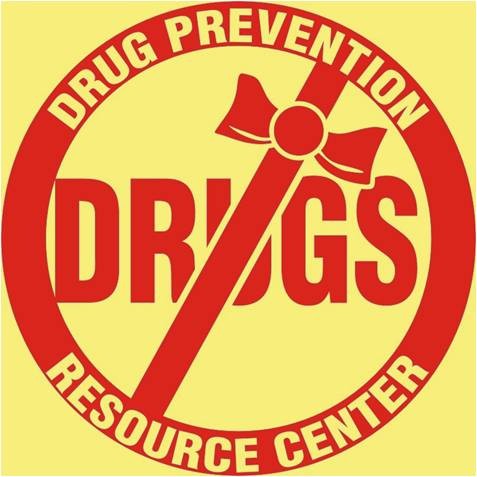The clinical side of Joint Base Myer-Henderson Hall's Alcohol and Substance Abuse Program recently added three new counselors to help Soldiers and Family members deal with problems resulting from excessive drinking and drug abuse.
The counselors are Sonja Hall, Carlton Malloy and Therese Boucher, all with roots in the military community.
The secretary of the Army recently directed the clinical services division of the Army Substance Abuse Program to be realigned from the Medical Command to the Installation Medicinal Management Command in order to provide more comprehensive and standard ASAP services at all U.S. Army installations.
IMCOM's number one priority is ensuring that Soldiers and civilians are ready to answer the nation's call whenever and wherever they are needed. According to an IMCOM press release, after the stresses of nine years of war, the Department of the Army has seen an increase in the number of cases of substance abuse, domestic violence and suicide. The Army has added counselors because it ''has realized that a large percentage of suicides and murders [in the service] involve substance abuse," said Tom DeCoster, the ASAP clinical director at Joint Base Myer-Henderson Hall's Andrew Rader Clinic.
Alcohol is the most abused drug," DeCoster explained, adding that 60 percent of ASAP clients have used other drugs, including mood-altering recreational drugs or have become addicted to painkillers. Boucher said counselors help coordinate care, make referrals and see patients through programs that address each individual's problems.
Counselors generally carry a caseload of 30 to 35 clients, although not all patients are active in the program at the same level. Most counseling is done through group sessions which helps individuals recognize triggers that can lead to substance abuse and learn coping mechanisms that will help them stay free of alcohol and drugs. The group structure helps them see techniques that have worked for others.
There are also sessions for Family members that help them support a loved one through the recovery process and deal with the altered Family dynamics that addiction can bring.
''Family members should know as much as they can about a problem," emphasized Malloy.
In terms of prevention, DeCoster said the additional staffing helps ASAP do better at outreach.
It allows counselors to visit military units to talk about substance abuse instead of waiting for personnel to come to them when problems arise, supplementing the valuable work of uniformed unit prevention leaders.
''Folks usually don't show up until there's an incident - an accident, bar fight or domestic violence...." DeCoster stressed. It's better to get help before things spiral out of control.
''Having a Soldier spend a week in the brig isn't doing a captain any favors," he added.
DeCoster said ASAP should work well at the garrison-level .
''It's a command program," the clinical director said. ''Col. [Carl R.] Coffman is a Soldier's Soldier. Because[ASAP] is a resource for the Soldier I know it'll be important to him."
''This is the right move at the right time for our Soldiers and Families and it's a mission IMCOM is proud to take on," said IMCOM Commander Lt. Gen. Rick Lynch.
''Integrating ASAP at the installations will make a vital program even more effective in helping the Army Family thrive and maintain its resiliency." Commanders often have to refer Soldiers to ASAP, but individuals experiencing problems with substance abuse can also refer themselves to the program.
''In fact it's better that way," said Malloy. That way they can deal with a problem before it gets out of control.
For more information on the ASAP clinical side, or to schedule an intake, call (703) 588-0037.


Social Sharing